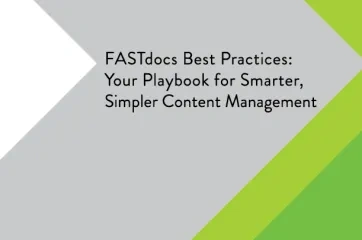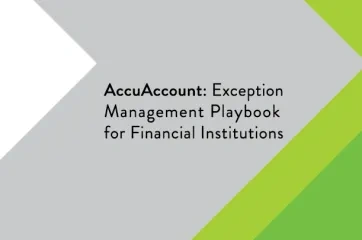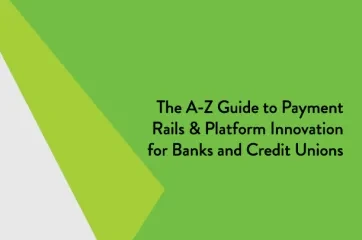A flood insurance provider performs a flood zone determination to ascertain if real estate is located within a floodplain. Anyone purchasing real estate with an improvement (any kind of structure) through either a commercial or residential mortgage is typically required to purchase flood insurance.
Upfront and ongoing flood zone monitoring is a necessary process in the banking industry.
Upfront Flood Zone Insurance Requirements
The following flood zone insurance stipulations must be fulfilled before the time of a mortgage closing:
A bank or credit union must notify the buyer within a specified time prior to closing (ask your compliance department) if flood insurance is necessary.
Assuming that flood insurance is required, the borrower must have the appropriate amount of coverage in place prior to consummating the loan.
Ongoing Monitoring of Mortgages and Flood Zone Determinations
Changes in Flood Zone Determinations: Over the life of each loan, banks should remain cognizant and responsive to changes in flood zone determinations. For example, alterations made to a river or dam could reclassify a property that had previously not been subject to flood insurance requirements.
Mandatory Renewals: Financial institutions must also remind borrowers about mandatory renewal of flood insurance. This is done by sending notification letters on a regular schedule: prior to expiration, and then (if necessary) on the day of insurance cancellation, and several additional reminders post-cancellation.
Force-Placed Insurance: If the borrower has not secured a new flood zone insurance policy on the property by 45 days past the cancellation date, the bank or credit union may have no other choice than to force-place insurance. In other words, the financial institution purchases insurance for that piece of real estate and bills it to the mortgagor’s loan.
Managing Flood Zone Exceptions
At the very least, financial institutions must use some sort of spreadsheet or digital tickler system to monitor flood insurance policies to ensure reminders and past-due notices are sent out at the appropriate time.
Exception management systems, such as AccuAccount, automate the process of generating flood insurance notices. Automated exception reports keep staff organized, and notice letters can be automatically generated. Some banks and credit unions even integrate AccuAccount with a flood zone determination provider for further efficiency.
Banking Resources
Need additional exception management tips? Be sure to check out our extensive resource library with free spreadsheets, whitepapers, and eBooks.
Browse our banking definitions page for more terminology.







